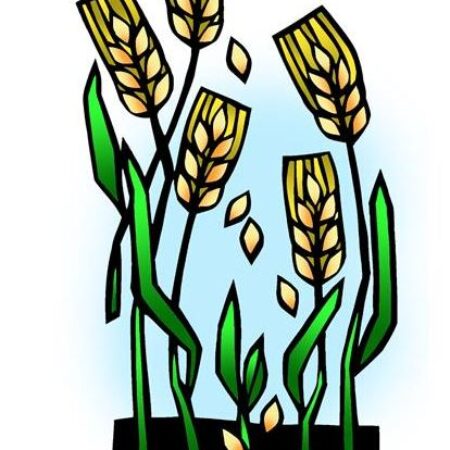The Attraction of the Repellant Cross
The sermon will be a post on our Facebook page. Please click on link to view sermon.
Two themes vie for attention in the readings: divine forgiveness (with attention paid to the human sinfulness that makes it necessary!) and the cross’s mysterious power.
Jeremiah prophesies of God’s desire and ability to wipe the slate clean and to come even closer than before, in the form of a “new covenant” with God’s people. But how is this possible? God and God’s people were already as close as husband and wife—one flesh! Even so, God promises to forgive the divorce and forge an even more profound unity and intimacy with God’s people.
The composers of both psalm alternatives (51 and 119) sing of the relief and joy of being forgiven and then taught, sustained, and sanctified by God’s Spirit. Both psalmists testify that relief and joy more than balance the agony of confessing their unworthiness and brokenness and their own culpability for both.
In the gospel, Jesus plants the image of the (dead) seed coming to life and bearing fruit, as a metaphor for his own crucifixion and being “lifted up” on our behalf. The Greeks ask to see Jesus. We might paraphrase Jesus’ oblique response this way: “If you want to see me, first look down into the dirt; then look up to the cross.”
The connection point for the two themes is deep (even intimate) service to the other. Jeremiah tells us that God will come closer to us than a husband to a wife—directly into our hearts! Deep in this mystery we will be known—truly known even beyond our fear of being known—and forgiven and loved. Jesus then promises that through his life in us, we will be drawn into a similar emptying of selves as we enter richly into the lives of others so that they too will know the joy and relief of being known and loved. In this way, confession leads finally to mission.
Gospel: John 12:20-33
Jesus entered Jerusalem for the last time to celebrate the Passover festival. Here Jesus’ words about seeds planted in the ground turn the disaster of his death into the promise of a harvest in which everyone will be gathered.
20Now among those who went up to worship at the festival were some Greeks. 21They came to Philip, who was from Bethsaida in Galilee, and said to him, “Sir, we wish to see Jesus.” 22Philip went and told Andrew; then Andrew and Philip went and told Jesus. 23Jesus answered them, “The hour has come for the Son of Man to be glorified. 24Very truly, I tell you, unless a grain of wheat falls into the earth and dies, it remains just a single grain; but if it dies, it bears much fruit. 25Those who love their life lose it, and those who hate their life in this world will keep it for eternal life. 26Whoever serves me must follow me, and where I am, there will my servant be also. Whoever serves me, the Father will honor.
27“Now my soul is troubled. And what should I say—‘Father, save me from this hour’? No, it is for this reason that I have come to this hour. 28Father, glorify your name.” Then a voice came from heaven, “I have glorified it, and I will glorify it again.” 29The crowd standing there heard it and said that it was thunder. Others said, “An angel has spoken to him.” 30Jesus answered, “This voice has come for your sake, not for mine. 31Now is the judgment of this world; now the ruler of this world will be driven out. 32And I, when I am lifted up from the earth, will draw all people to myself.” 33He said this to indicate the kind of death he was to die.
